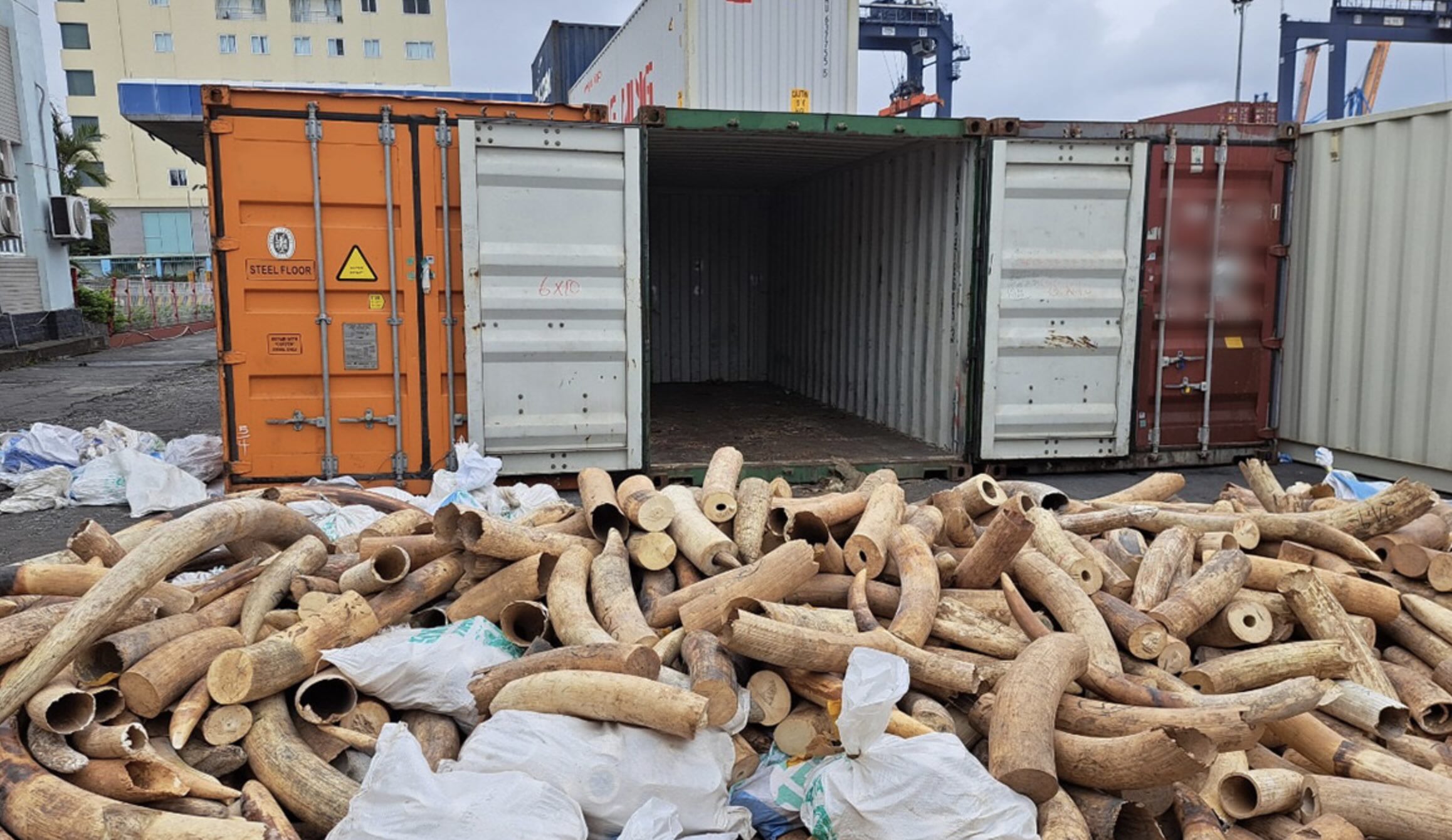New report reveals alarming trends in online illegal wildlife trade

A recent report by the Global Initiative Against Transnational Organized Crime (GI-TOC) sheds light on concerning developments in the online illegal wildlife trade (IWT).
It is an important topic with at least some implications in the maritime sector. As frequent seizures in ports around the world show, much of this extremely lucrative trade relies on maritime routes and is closely connected to regular trade flows.
The GI-TOC report, which analyses data from August to October 2024, highlights several key findings.
Online trade continues to thrive
More than 1700 advertisements for 34 target species were detected across Brazil, South Africa and Thailand. This figure represents a 265% increase from the previous reporting period. 74% of target species were detected, up from 61% previously.
Facebook accounted for 91% of all detected advertisements. However, e-commerce platforms are gaining traction, especially in South Africa.
The most trafficked species are:
- Elephants (469 detections)
- Tigers (334 detections)
- African grey parrots (260 detections)
Thailand’s online ivory market
The report also provides an in-depth look at Thailand’s online ivory trade. More than 800 elephant-related advertisements were detected from September to November 2024.
Raw ivory accounted for 45% of advertisements, raising concerns about illegal sourcing. Sellers often use coded language and emojis to evade detection.
Illegal flora trade on the rise
Another growing problem which is highlighted in the report is plant trafficking:
Between 2019 and 2024, over 1.6 million individual succulent plants were seized in South Africa alone.
Online platforms are increasingly used to facilitate illegal plant trade.
High-value species like rosewood, clivias and rare succulents are particularly targeted.
Overall, the report underscores the urgent need for enhanced monitoring, stricter enforcement and improved legislation to combat the evolving threat of online illegal wildlife trade.
The full report is available on the GI-TOC website here.
As a member of the GI-TOC Network of Experts, I would also like to encourage you to have a look at the various briefings, presentations, podcasts etc. on the website.

